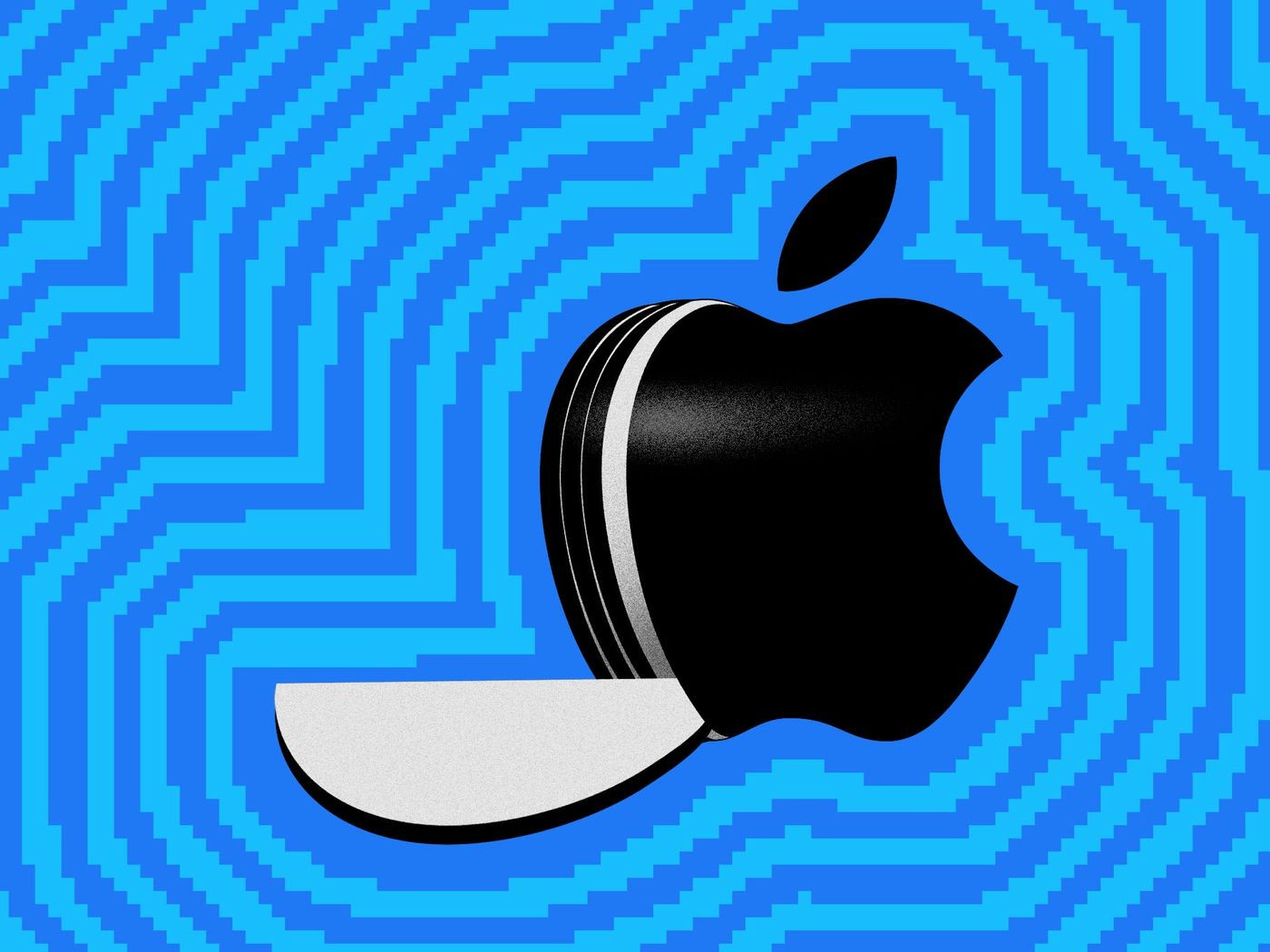
Apple is pushing back against the Department of Justice's antitrust lawsuit, requesting a federal judge dismiss claims that the tech giant maintains an illegal monopoly in the smartphone market.
During a hearing in New Jersey on Wednesday, Apple's legal team argued that the government's complaint relies on speculative arguments and fails to demonstrate the company's alleged monopoly power. The DOJ, along with several states, filed the lawsuit earlier this year, accusing Apple of anti-competitive practices that increase consumer costs and restrict user choice.
The government's case highlights five key examples of Apple's alleged monopolistic behavior, including deliberately reducing message quality between iPhones and Android devices, and limiting how third-party smartwatches can work with iPhones.
Apple's defense centers on downplaying its market influence, claiming the DOJ hasn't shown sufficient smartphone market share to prove monopoly status. The company characterizes affected third-party developers as powerful entities, including "well-capitalized social media companies, big banks, and global gaming developers."
DOJ counsel Jonathan Lasken countered Apple's arguments, stating "The court is allowed to use common sense," and questioning how Apple could claim to lack monopoly power while competing against much smaller companies.
Judge Julien Xavier Neals is expected to decide by January whether the case will proceed to trial or if certain claims should be dismissed. The upcoming change in administration adds complexity to the case's future, though the tech industry has remained a focus of regulatory scrutiny across political lines.
The outcome of this legal battle could reshape how Apple operates its ecosystem and interacts with competitors and developers. If the case moves forward, it would represent one of the most notable antitrust challenges in recent tech industry history.